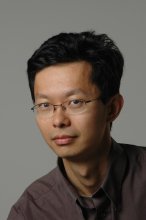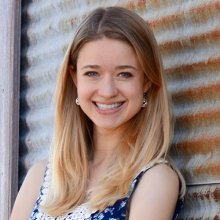Abstract: Biosensory data is the ultimate *personal* data. Biosignals are generated by our bodies, and capture the essence of who we are. They are also increasingly captured by a wide range of ubiquitous low-cost sensors with or without our knowledge or consent. From these physiological signals, inferences may be drawn not just of our physical activities, health status, and predispositions to diseases and behaviors, but also our mental and emotional states, and even our memories and thoughts. We present findings of three projects from the BioSENSE Lab at UC Berkeley -- user authentication using passthoughts, social sharing of biosignals, and remote biosensing in public spaces. Together they help us interrogate the application frontiers and stewardship challenges of ubiquitous biosensing.
Ubiquitous Biosensing: Application Frontiers and Stewardship Challenges
John is a Professor in the School of Information at UC Berkeley, with an affiliate appointment in Electrical Engineering and Computer Science. His research interests are in bio-sensory computing (brainwave authentication, human factors in wearable computing) and information economics and policy (network economics, peer production, security and privacy).
He directs the BioSENSE Lab, a multidisciplinary research team studying the application potentials and stewardship challenges of ubiquitous bio-sensing technologies. He is also affiliated with the Center for Long-Term Cybersecurity (CLTC), the Berkeley Institute for Data Science (BIDS), and the Team for Research in Ubiquitous Secure Technology (TRUST).
Elaine Sedenberg is a Ph.D. candidate at the University of California, Berkeley School of Information, where she is a National Science Foundation (NSF) Graduate Research Fellow and co-director of the Center for Technology, Society & Policy (CTSP). Her dissertation studies how private sector research practices and information sharing between industry and academics may shape the national R&D ecosystem. Previously, Elaine was a Science Policy Fellow at the Science and Technology Policy Institute (STPI) in Washington D.C., which is a Federally Funded Research and Development Center that supports the White House Office of Science and Technology Policy (OSTP), as well as the NSF and other agencies. She recently served (2014-2016) as Editor-in-Chief of the open access, student-run Journal of Science Policy and Governance (JSPG). Elaine holds a B.S. in Biochemistry from the University of Texas at Austin where she graduated with highest honors and a Dean's Honored Graduate distinction.


